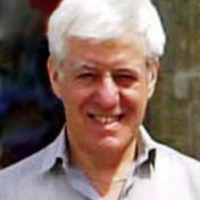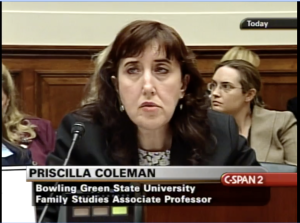Retraction Watch readers are likely familiar with Clarivate’s Highly Cited Researcher (HCR) designation, awarded to “who have demonstrated a disproportionate level of significant and broad influence in their field or fields of research.” And they might also recall that researchers whose work has come under significant scrutiny — or even retracted — can sometimes show up on that list.
As of this year, that is less likely to happen, thanks to a change Clarivate announced today along with the list of nearly 7,000 HCRs:
This year Clarivate partnered with Retraction Watch and extended the qualitative analysis of the Highly Cited Researchers list, addressing increasing concerns over potential misconduct (such as plagiarism, image manipulation, fake peer review). With the assistance of Retraction Watch and its unparalleled database of retractions, Clarivate analysts searched for evidence of misconduct in all publications of those on the preliminary list of Highly Cited Researchers. Researchers found to have committed scientific misconduct in formal proceedings conducted by a researcher’s institution, a government agency, a funder or a publisher are excluded from the list of Highly Cited Researchers.
We asked Gali Halevi, director of the Institute for Scientific Information at Clarivate, to answer a few questions about the change.
What prompted Clarivate to add a check for potential misconduct among Highly Cited Researchers this year?
Continue reading Why misconduct could keep scientists from earning Highly Cited Researcher designations, and how our database plays a part







